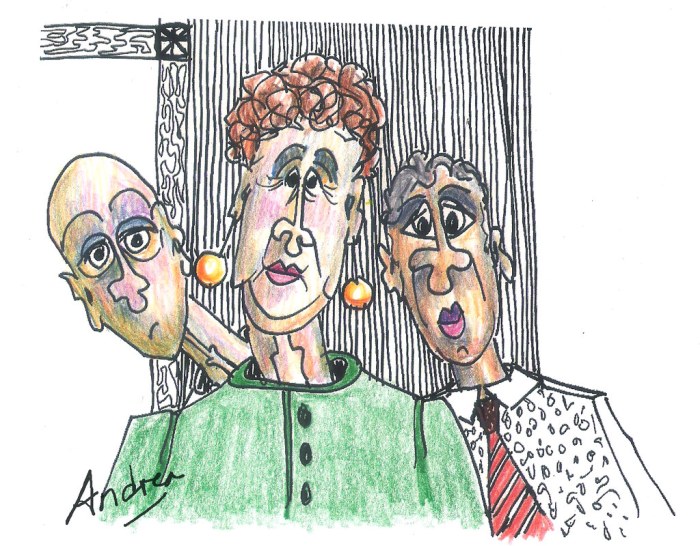The hallmark of aristocracy is responsibility, a concept that has shaped the behavior and expectations of elites throughout history. This principle, rooted in the notion of noblesse oblige, emphasizes the ethical and social obligations that accompany aristocratic status.
From ancient times to the modern era, aristocrats have played a pivotal role in society, fulfilling responsibilities ranging from social welfare to political leadership. This essay explores the historical context, ethical implications, and modern interpretations of aristocratic responsibility, shedding light on its enduring significance.
Historical Context

The concept of aristocracy, with its inherent association with responsibility, has deep historical roots. Aristocracy, in its earliest forms, emerged as a ruling class or elite in ancient societies. In civilizations such as Egypt, Mesopotamia, and Greece, aristocrats were often landowners, military leaders, or members of priestly castes.
These individuals held significant power and influence, and their status carried with it a profound sense of duty and obligation. Aristocrats were expected to lead by example, serve their communities, and ensure the well-being of their people. Historical figures such as the Roman general and statesman Julius Caesar and the Athenian philosopher Socrates exemplified the hallmark of aristocratic responsibility, using their positions to advance the interests of society.
Noblesse Oblige, The hallmark of aristocracy is responsibility
The concept of noblesse oblige, literally “nobility obligates,” is central to the ethical and moral obligations that accompany aristocratic status. It holds that those who are born into privilege or have attained high positions in society have a moral imperative to use their power and resources for the benefit of others.
Noblesse oblige dictates that aristocrats should act with honor, integrity, and compassion. They should strive to improve the lives of their fellow citizens, promote social justice, and contribute to the common good. This ethical principle has shaped the behavior of aristocrats throughout history, inspiring them to engage in philanthropic endeavors, support the arts and sciences, and advocate for the welfare of the less fortunate.
Social Responsibility
Aristocrats have historically played a vital role in social welfare and community development. They have been patrons of the arts, sciences, and education, establishing schools, hospitals, and libraries for the benefit of society.
For example, the Medici family in Renaissance Florence was renowned for their patronage of artists such as Leonardo da Vinci and Michelangelo, contributing to the flourishing of Italian art and culture. Similarly, the British aristocracy in the 19th century supported social reforms, such as the abolition of slavery and the establishment of public education, demonstrating their commitment to the well-being of their communities.
Popular Questions: The Hallmark Of Aristocracy Is Responsibility
What is the historical origin of the concept of aristocratic responsibility?
The concept of aristocratic responsibility emerged in ancient Greece and Rome, where elites were expected to use their wealth and influence for the benefit of society.
How has the concept of aristocratic responsibility evolved in modern times?
In modern society, the concept of aristocratic responsibility has shifted from birthright to a more meritocratic ideal, where leaders are expected to demonstrate competence, integrity, and a commitment to serving the public good.






